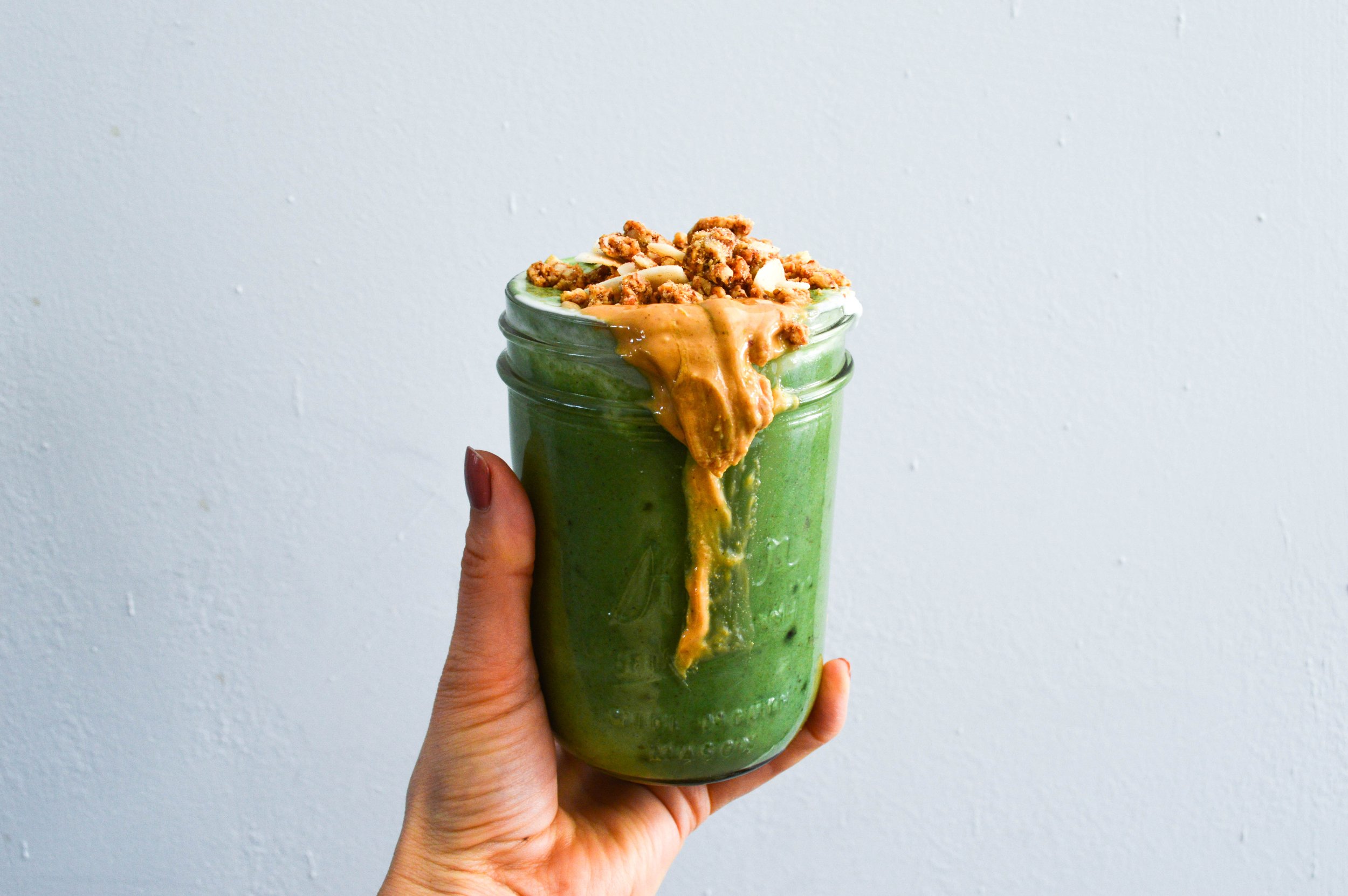8 Recipes to Help Boost Fertility
8 Easy-To-Make Recipes to Help Boost Fertility
Buckwheat is a great source of folate, shown to improve chances of releasing an egg during ovulation. Serve these savory crepes with a fried egg and/or salmon and you have a delicious lunch or dinner!
This high protein banana bread combines ingredients that are great for fertility health. Bananas are an excellent source of B6 vitamins which help regulate hormones. We’re always looking for ways to sneak eggs, nuts, and other protein sources into our fertility recipes to make sure they support our hormone health and won’t wreak havoc on blood sugars. Which is why we’re so excited we came across this ‘Paleo Banana Bread’ recipe.
A delicious, creamy and satisfying smoothie packed with fertility-boosting foods like spinach, dates and spirulina to help with a healthy conception and pregnancy.
Chocolate Orange Baked Oats served with Greek Yogurt
Try a twist on your regular porridge with this healthy chocolate, almond and orange bake. Top it up with Greek yogurt and you have a tasty breakfast or snack with calcium, probiotics, and vitamin D, all of which help improve ovulation.
This popular Israeli dish is not only delicious but it’s another way to cook with eggs. And eggs of course, are packed with protein, vitamins B12 and E, and often enriched with good monounsaturated fat like DHA. In other words, eggs are good for your eggs!
Who doesn’t love a hearty bowl of chili as the weather gets cooler. Make a batch and freeze it for those days when you need a quick meal but don’t feel like cooking.
No need to feel guilty indulging in these snack bites. The protein from the black beans and healthy plant-based fats will nourish and fuel your body while balancing hormones.
Avocados are not just trendy foods, but they have a high concentration of vitamin E, known to stabilize and protect cells from oxidative damage, a plus for women with PCOS. This dressing is the perfect accompaniment to your favorite leafy salad!
Medical Disclaimer:
The information provided in this blog is intended for general informational purposes only and should not be considered as a substitute for professional medical advice, diagnosis, or treatment. Always seek the advice of your healthcare provider or qualified medical professional with any questions you may have regarding a medical condition. Never disregard professional medical advice or delay in seeking it because of something you have read in this blog.









